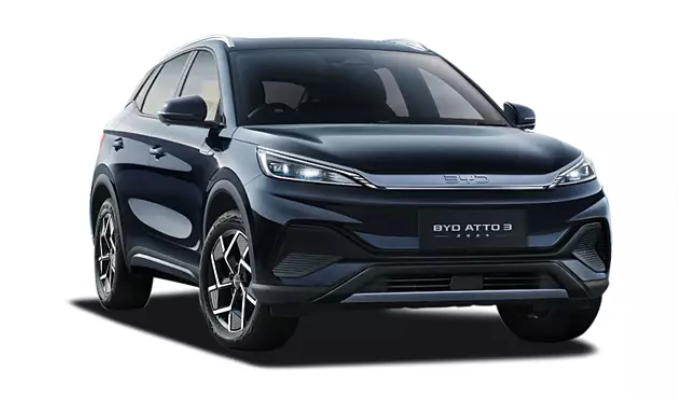BYD has launched the ‘Super e-Platform,’ a new EV charging system that significantly reduces charging times to rival petrol refueling speeds. Announced by founder Wang Chuanfu in a streamed event from Shenzhen, the platform is part of BYD’s broader plan to expand a fast-charging network across China. This marks a major shift in BYD’s EV strategy, focusing on infrastructure to support widespread adoption. The initiative aims to enhance convenience and accelerate the transition to electric mobility.

BYD Unveils 1,000 kW Charging Platform and Infrastructure Expansion Plans
Chinese EV giant BYD has introduced a groundbreaking charging platform capable of delivering peak speeds of 1,000 kilowatts (kW). This innovation allows electric vehicles to gain 400 km (249 miles) of range in just five minutes, making it the fastest charging solution currently available. The new technology is set to drastically reduce charging times, addressing one of the key obstacles to EV adoption.
BYD’s 1,000 kW charging speed is twice as fast as Tesla’s latest Superchargers, which offer a maximum output of 500 kW. BYD aims to make electric vehicles more convenient and appealing to a broader range of consumers.
To support this cutting-edge platform, BYD has announced plans to build over 4,000 ultra-fast charging stations across China. This marks a major shift in the company’s strategy, as BYD vehicle owners have historically relied on third-party networks operated by Tesla, Nio, Li Auto, Xpeng, and Zeekr. However, the company has yet to disclose specific details regarding the timeline or investment amount for this ambitious infrastructure project.
With this new initiative, BYD is positioning itself as a leader in EV charging technology, setting new industry benchmarks for speed and accessibility.
Tesla vs BYD

BYD, primarily known for its plug-in hybrids, reported 4.2 million vehicle sales in 2024 and has set an ambitious target of 5 to 6 million units in 2025. To strengthen its market position, the company is investing in its own charging infrastructure, moving away from reliance on third-party networks. This marks a strategic shift in China’s EV sector, where companies like Tesla, Nio, and Xpeng have already built extensive charging networks.
Since 2014, Tesla has operated its Supercharger network in China but now faces growing competition as domestic automakers expand their own charging infrastructure. Nio and Xpeng have already invested heavily in proprietary fast-charging and battery swap stations.
BYD’s ultra-fast 1,000 kW charging technology could help address one of the biggest hurdles to EV adoption—charging times. However, the company has not disclosed when its charging stations will be operational or whether they will support other EV brands.
As competition intensifies, BYD’s advancements in charging technology could enhance its competitive edge. Meanwhile, Tesla’s stock has been under pressure, dropping over 4% on Monday as the company struggles to reverse its ongoing market decline.
